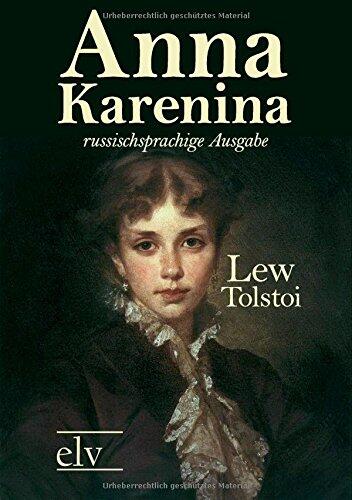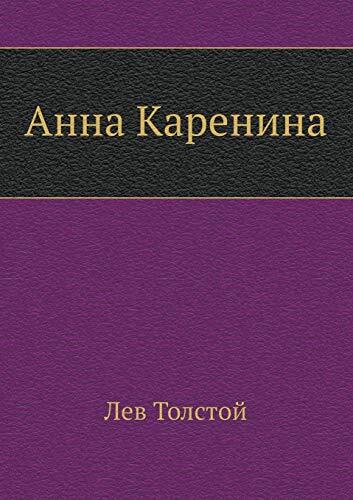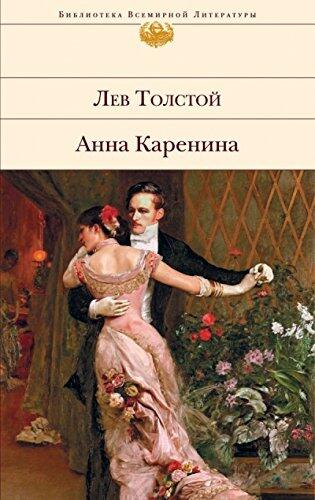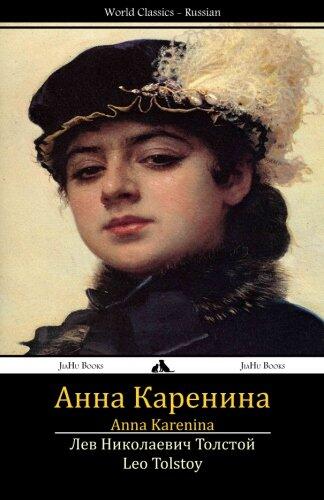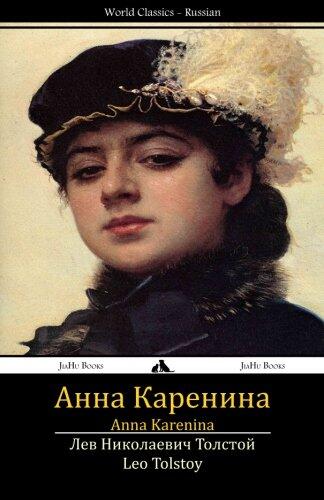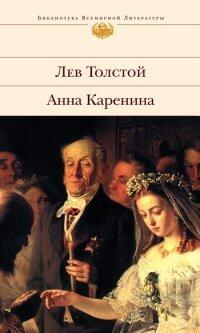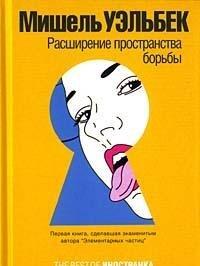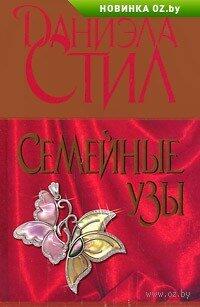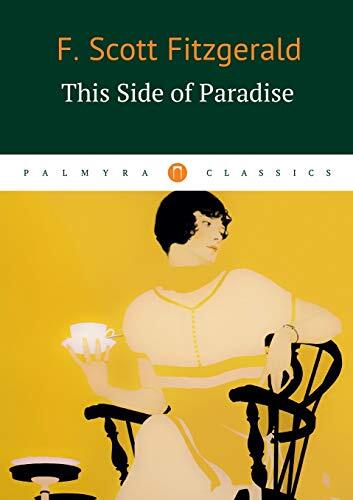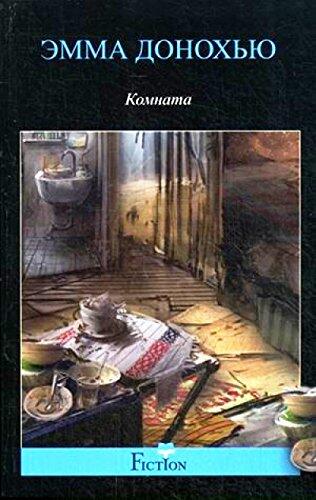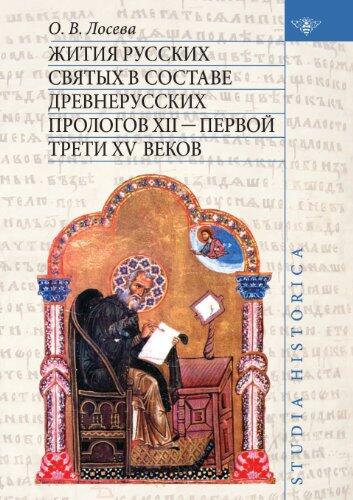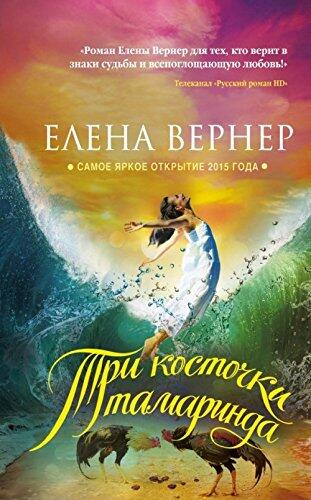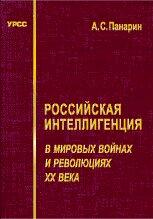
Rossiĭskai͡a︡ intelligent͡s︡ii͡a︡ v mirovykh voĭnakh i revoli͡u︡t͡s︡ii͡a︡kh XX veka
بواسطة
A.S. Panarin
لا توجد تقييمات بعد
Romance
History
تنسيق
غلاف صلب
صفحات
348
لغة
الروسية
منشور
Jan 1, 1998
الناشر
Editorial URSS
رقم ISBN-10
5901006291
رقم ISBN-13
9785901006290
الوصف
In this scholarly work, A.S. Panarin provides an insightful exploration of the role of Russian intelligence in the tumultuous landscape of the 20th century's world wars and revolutions. Drawing from a wealth of historical data and philosophical perspectives, the text delves into the intricate strategies, ideologies, and operations that defined Russia's approach to intelligence gathering and its impacts on global conflicts.
The narrative unfolds in a manner that emphasizes both the successes and failures of Russian intelligence efforts, highlighting key moments that shaped not only national but also international dynamics. Panarin's analysis is enriched by a variety of historical accounts, making it a valuable resource for historians, political scientists, and anyone interested in the interplay between intelligence and wartime decision-making.
With a focus on philosophical interpretations, the work also raises questions about the ethical implications of intelligence practices and the philosophical underpinnings that guide statecraft. Panarin effectively intertwines theory with historical examples, offering readers a comprehensive understanding of the evolution of Russian intelligence practices over the century.
The inclusion of extensive bibliography further enhances the book's academic rigor, providing a roadmap for further research. With its detailed examination and critical analysis, the text stands as a significant contribution to the historical understanding of intelligence in warfare and revolution, shedding light on a lesser-explored facet of Russian history.
The narrative unfolds in a manner that emphasizes both the successes and failures of Russian intelligence efforts, highlighting key moments that shaped not only national but also international dynamics. Panarin's analysis is enriched by a variety of historical accounts, making it a valuable resource for historians, political scientists, and anyone interested in the interplay between intelligence and wartime decision-making.
With a focus on philosophical interpretations, the work also raises questions about the ethical implications of intelligence practices and the philosophical underpinnings that guide statecraft. Panarin effectively intertwines theory with historical examples, offering readers a comprehensive understanding of the evolution of Russian intelligence practices over the century.
The inclusion of extensive bibliography further enhances the book's academic rigor, providing a roadmap for further research. With its detailed examination and critical analysis, the text stands as a significant contribution to the historical understanding of intelligence in warfare and revolution, shedding light on a lesser-explored facet of Russian history.
